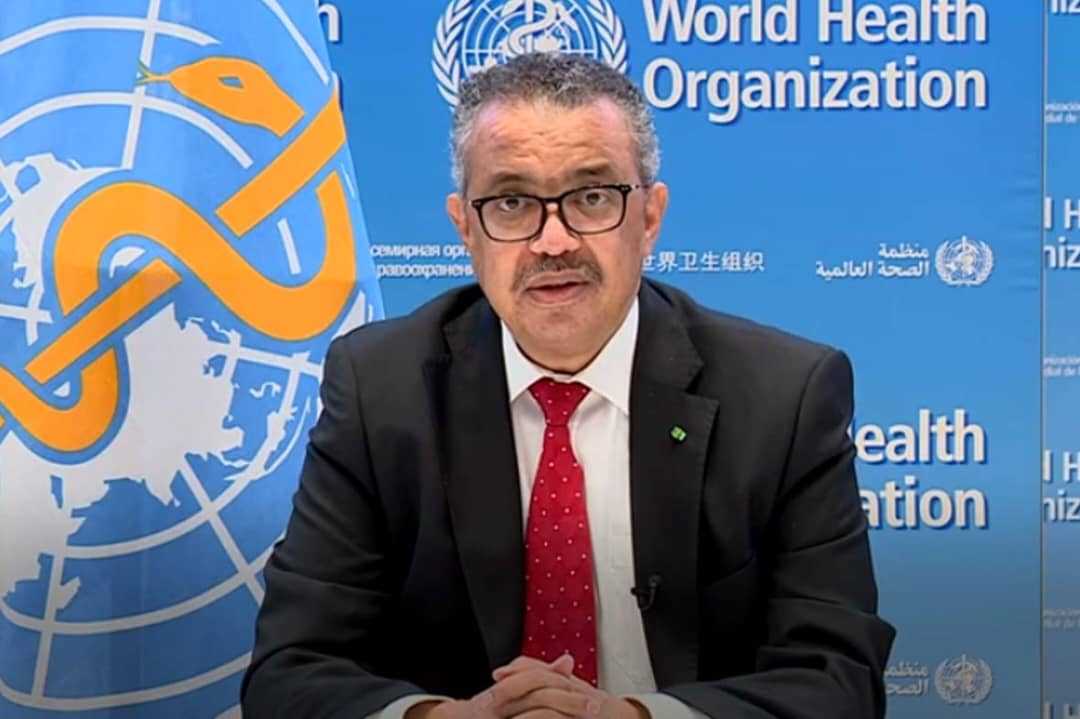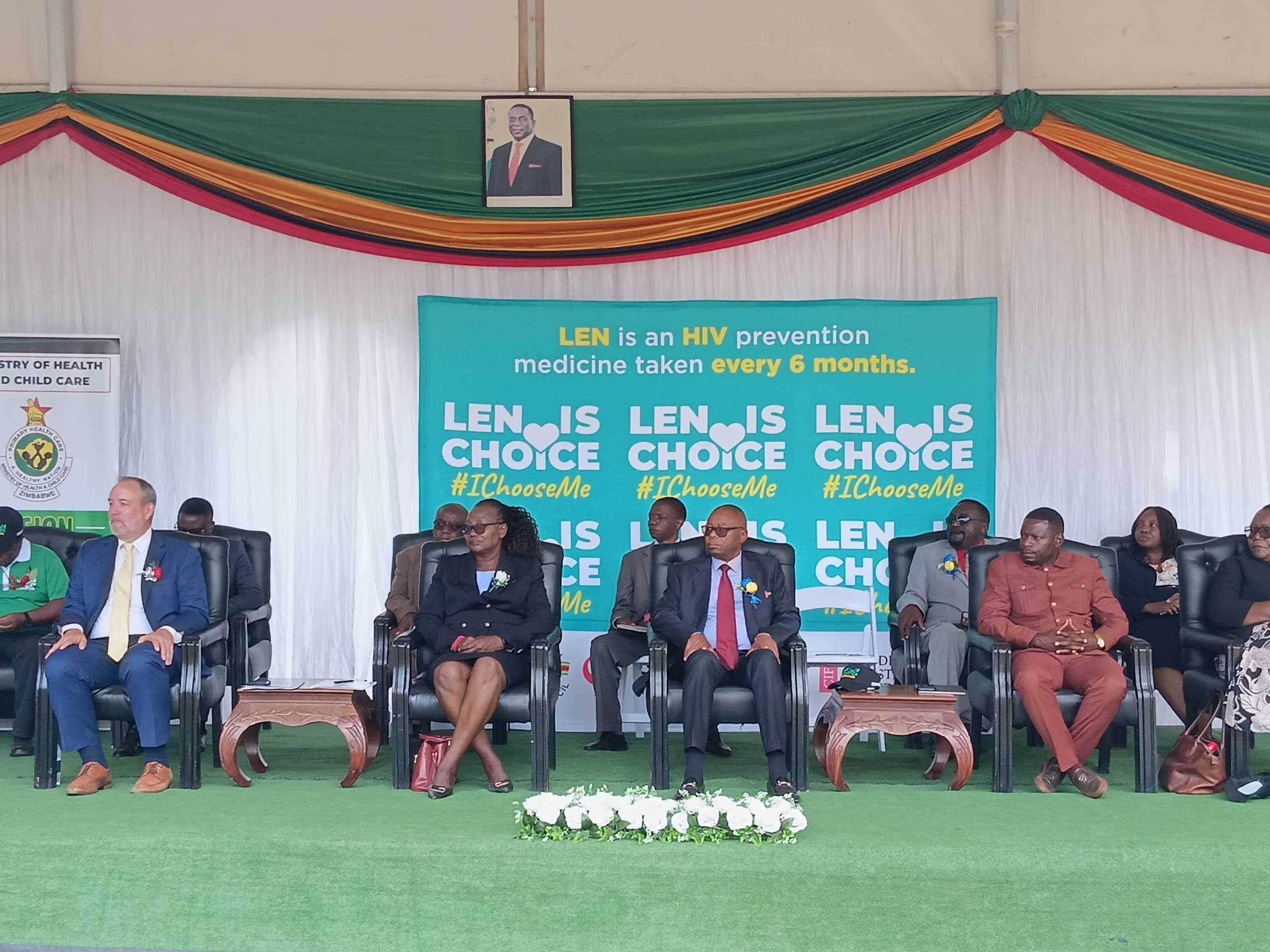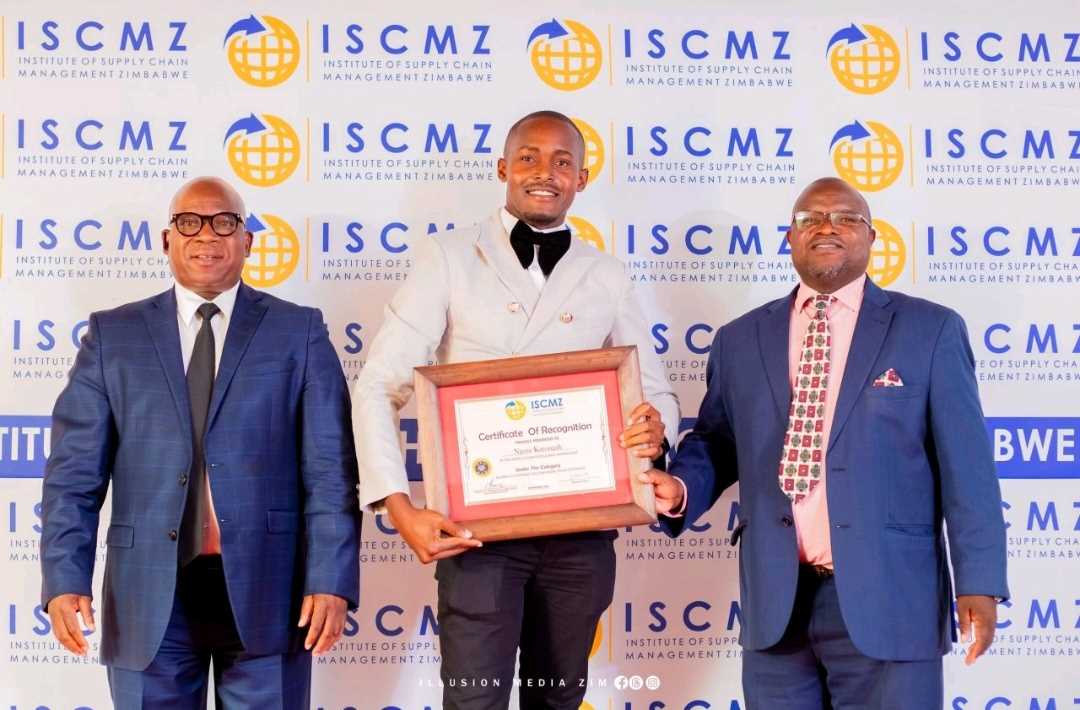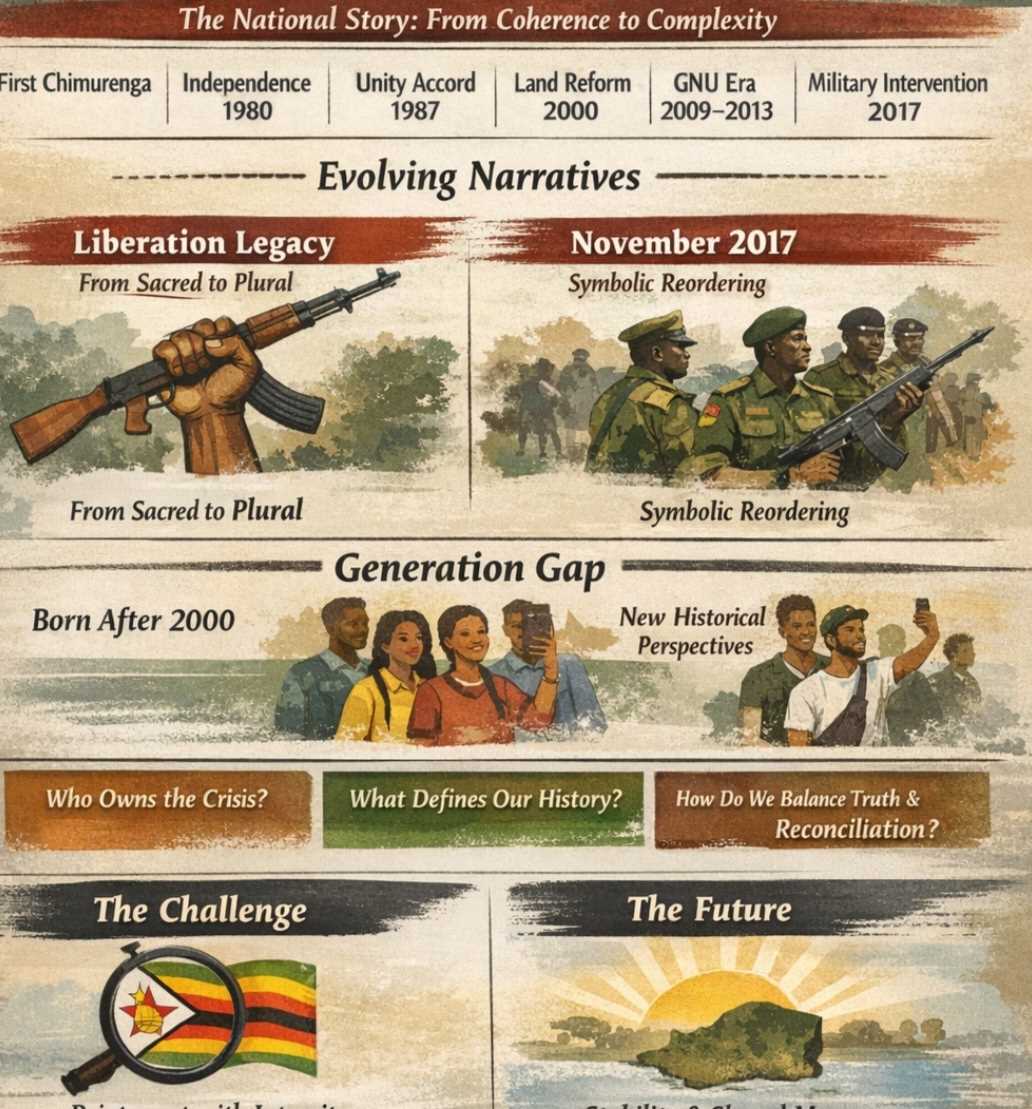
Rutendo Mazhindu - ZimNow Reporter
At least 1.3 million people died of chronic hepatitis B and C in 2022, with the World Health Organisation (WHO) warning of a silent crisis and calling for accelerated efforts to eliminate the disease as a global health threat.
Ahead of World Hepatitis Day, commemorated annually on July 28, WHO revealed that 304 million people were living with chronic hepatitis B and C globally in 2022. Despite the availability of vaccines and treatment, many remain undiagnosed and untreated.
“We have the tools to eliminate viral hepatitis as a public health threat by 2030, but we must simplify service delivery and dismantle the barriers that are blocking access,” said WHO Director-General Dr Tedros Adhanom Ghebreyesus.
The theme for this year, “Hepatitis: Let’s Break It Down,”underscores the urgent need to remove financial, social and systemic barriers particularly stigma that continue to impede progress in hepatitis elimination and liver cancer prevention.
WHO said only 45 percent of babies received the hepatitis B vaccine within 24 hours of birth in 2022, a key intervention to prevent mother to child transmission.
Related Stories
“Testing, treatment and prevention services must be brought closer to where people live and work. We must make sure that stigma and discrimination are no longer barriers to care,” said WHO Director of the Department of Global HIV, Hepatitis and Sexually Transmitted Infections Programmes, Dr Meg Doherty.
Despite being preventable and treatable and in the case of hepatitis C, curablechronic hepatitis infections continue to destroy lives silently, often progressing to severe liver damage, cirrhosis or cancer.
Dr Ghebreyesus said the continued loss of lives was unacceptable.
“We can’t afford to lose more lives to a disease that is largely preventable and entirely treatable. Every death is a tragedy,” he said.
World Hepatitis Day serves as a global reminder that ending hepatitis requires integrated action across health systems, including vaccination, safe injection practices, harm reduction, and expanded testing and treatment services.
WHO called on governments, development partners and communities to act decisively to eliminate hepatitis as a public health problem by 2030.




















Leave Comments